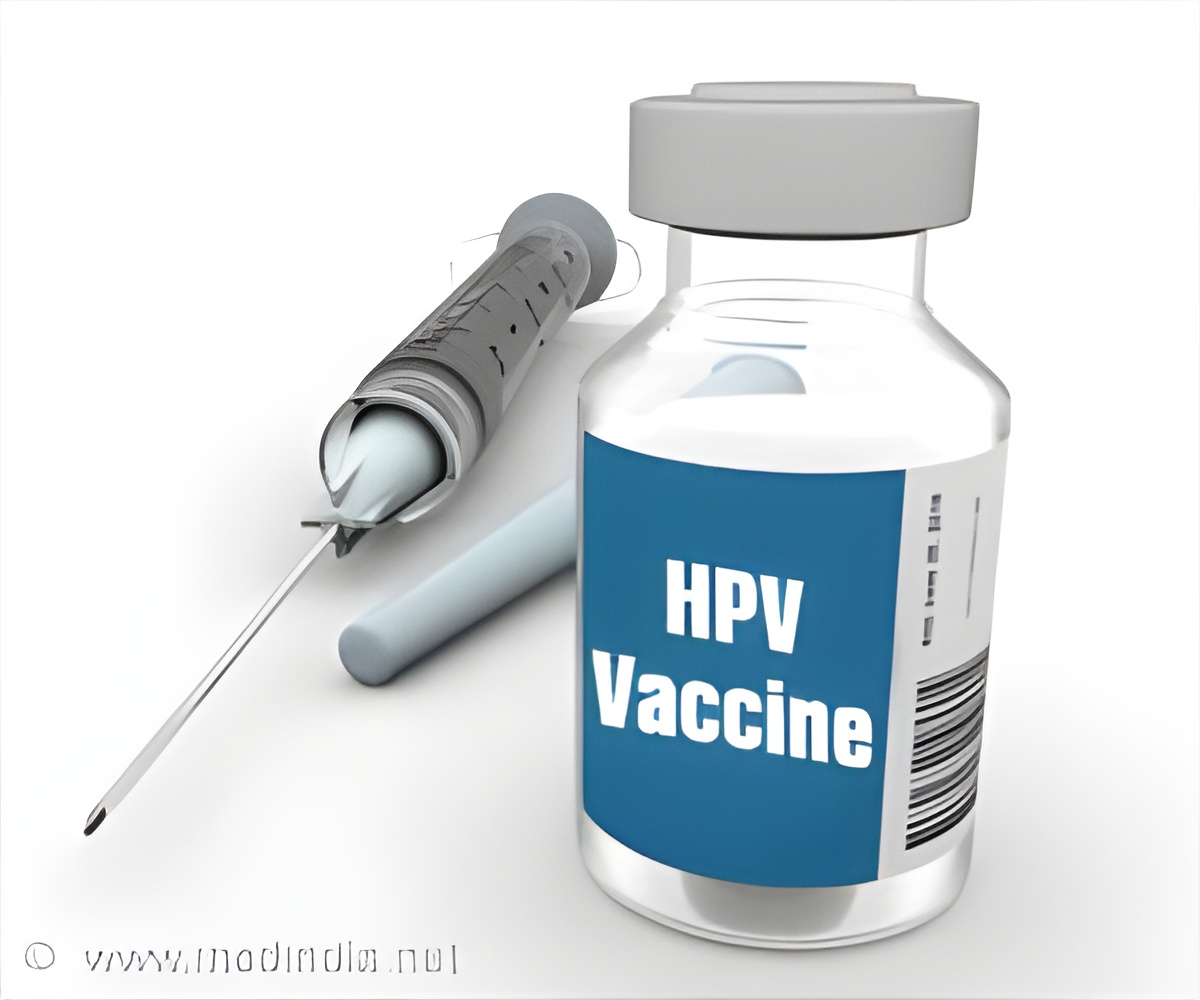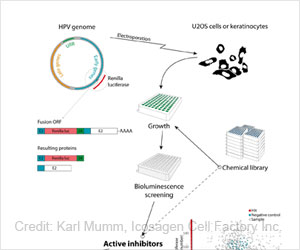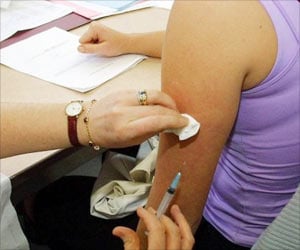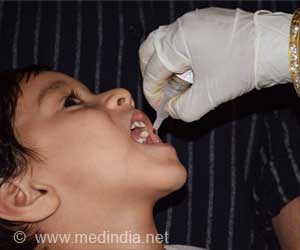
‘Multiple sexual partners, young age at sexual initiation, and unprotected sex are among the risk factors for HPV infection in college-age men.’
Tweet it Now
Young Men Need Education on Risks of HPV and Benefits of VaccinationHuman papillomavirus is the most common sexually transmitted infection in the world. It is an identifiable cause of nearly all cervical cancers, and is also involved in most mouth and throat, anal, and other cancers, as well as genital and anal warts. Estimates suggest that about 20 million Americans are infected with HPV, many of whom are unaware of their infection.
While HPV infection cannot currently be cured, it can be prevented by effective HPV vaccines. Originally recommended for girls, HPV vaccinations is now recommended for preteen girls and boys. It is also effective for young adults who didn't receive the vaccine as children.
Tonna McCutcheon and colleagues developed and evaluated a program to increase awareness of the health risks of HPV and the benefits of HPV vaccination among college-aged male athletes. One hundred fourteen athletes--77 football players and 37 baseball players--attended an educational session on HPV and its health effects (including a CDC brochure on genital HPV).
Before-and-after questionnaires were used to assess changes in knowledge, perceived risks, and intentions regarding vaccination.
Advertisement
Immediately after the educational program, the men showed significant increases in HPV knowledge. They had increased awareness of their personal HPV risks and increased intention and confidence in their ability (self-efficacy) to get vaccinated against HPV.
Advertisement
The researchers note some limitations of their study--especially the fact that it included a "convenience sample" of male athletes only. Another major limitation as the inability to offer the HPV vaccine at the time of the educational intervention. "The ability to offer the vaccine may have increased vaccination rates since the athletes indicated an increase in intention and self-efficacy regarding obtaining the vaccine," said Tonna McCutcheon.
Based on their findings, the researchers make recommendations for educating populations at high risk of HPV. They believe that HPV educational programs should be incorporated into orientation sessions for college freshmen, and that HPV vaccination should be available on campus at student health facilities.
Tonna McCutcheon and coauthors emphasize that nurse practitioners and all health professionals "are in a unique position to provide HPV education and recommendations for vaccination." The authors conclude: "The ability to provide HPV education to high-risk populations will further empower individuals to make informed decisions regarding high-risk behaviors, increase HPV vaccination rates, and decrease HPV infection rates."
Source-Eurekalert














